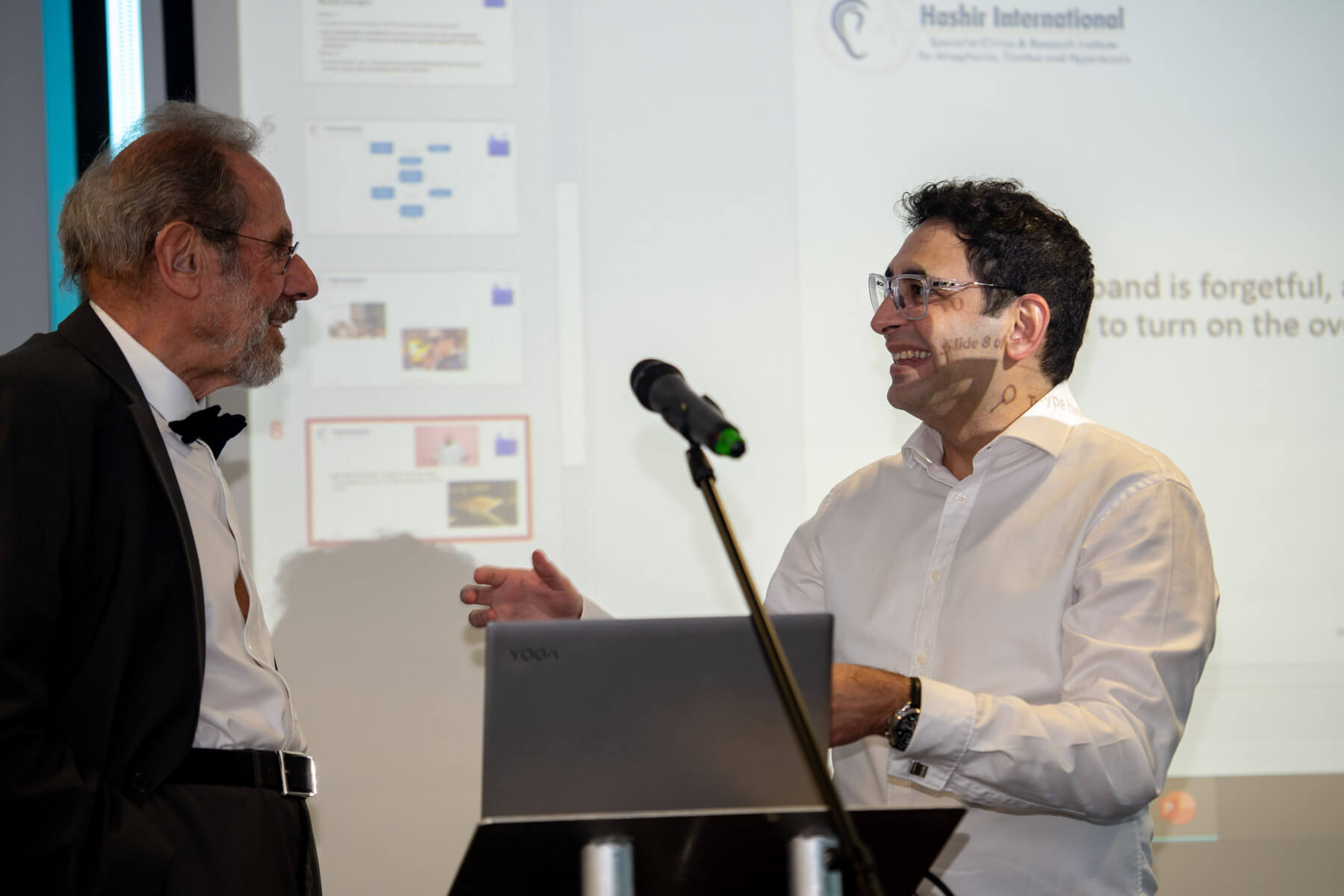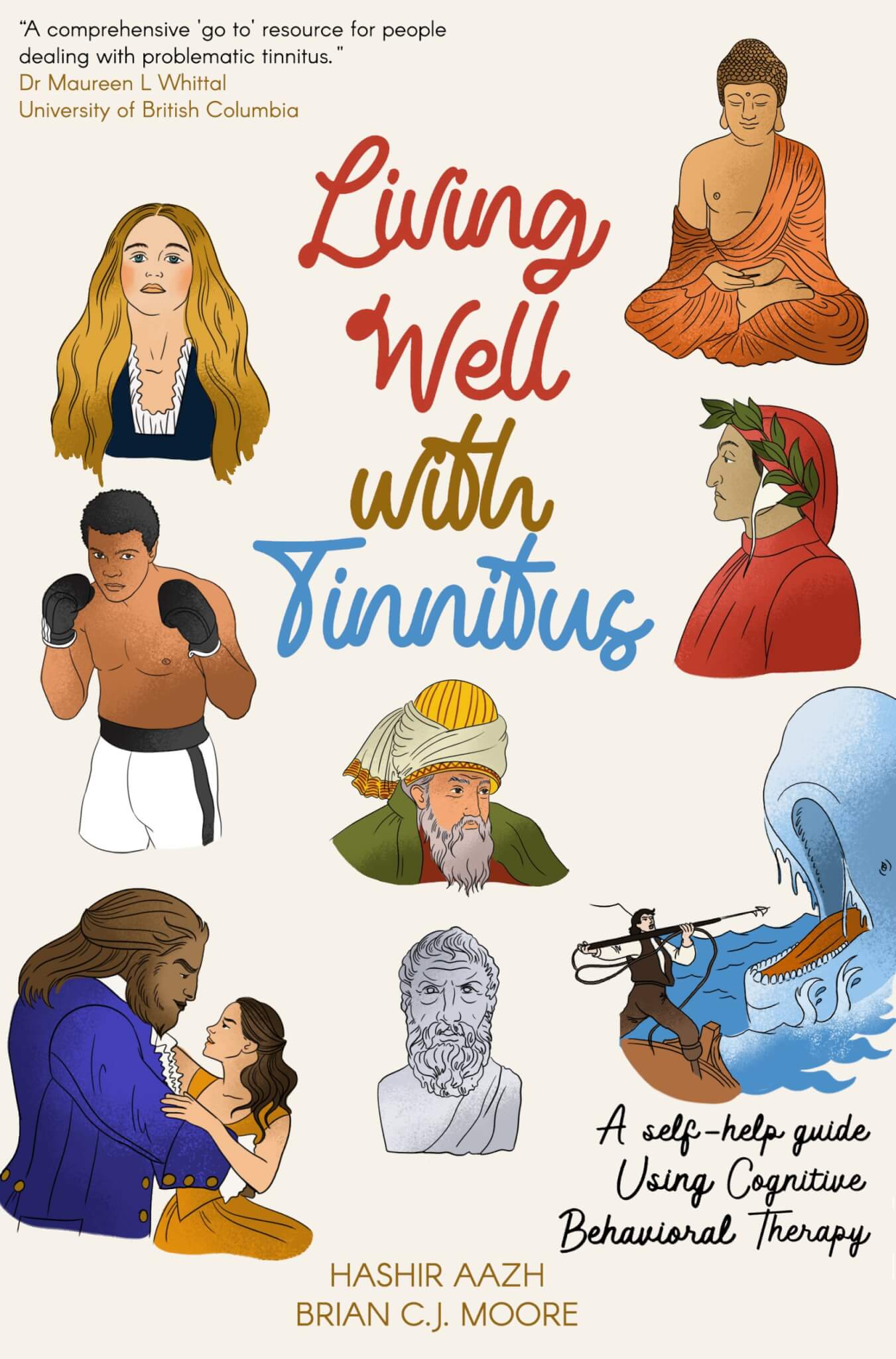
Juliet preferred the most terrifying situations over losing Romeo in Shakespeare’s Romeo and Juliet (1597). As they say: “love can blind people”. It is not only love that can blind us. Fear does that too. We need to learn how to prevent our fears about tinnitus from blinding us.
Tinnitus can cause anger. Here is what a patient in our clinic said about tinnitus-induced aggression:
“It’s like being under the worst tension I can possibly be under. As I said to the psychiatrist, if somebody told me to rip your head off Hashir to stop this agony, I would consider it, even though we are friends. I like you, but this is not a good place to be. Since half past four in the morning, I have had no sleep, and this has been going on since last Friday. The noise in my head is the worst it can get. Put me in a war zone. I will fight everyone in sight, including my own comrades! Please stop it. This is too intense.”
This may not be a typical experience of tinnitus, but it clearly demonstrates a state of mind in which horrific actions may be contemplated in order to escape from something unbearable. Such a state of mind can occur when we experience anything that produces overpowering emotions. One example is when we are in love! For example, in Shakespeare’s Romeo and Juliet, Juliet felt that her life would be meaningless without Romeo. She preferred to be “chained with roaring bears”, or to be “hidden with a dead man in his tomb with rattling bones, reeky shanks and yellow chapless skulls” over losing Romeo. We may not be able to see how we can live with tinnitus, while we may not be able to see how we can live without the person that we love. Tinnitus-induced tensions can distort our thinking and make us afraid of what we might end up doing. Specialist CBT focused on tinnitus management can help to break this cycle.
This is part of Dr Hashir Aazh and Professor Brian C.J. Moore on 10 step self help tool for tinnitus. World-wide, about one billion people experience tinnitus at some point in their life. Tinnitus is a life-changing experience for many of them. Learning effective management strategies in a timely fashion is the key to dealing with tinnitus-related distress. The main aim of their self-help programme book is to teach a person with tinnitus how to reduce the distress caused by their tinnitus.

Hashir Aazh and Brian C.J. Moore bring together their complementary experiences. Hashir is an academic-clinician who pioneered audiologist-delivered cognitive behavioural therapy (CBT) for tinnitus and Brian is a professor who is one of the world’s leading scientists in human hearing and its disorders. In creating this ten-step self-help guide, they combine cutting-edge knowledge of the auditory science and theoretical frameworks in modern psychology with the insight they have acquired from clinical encounters about the complexities of the human experience of tinnitus and how to help people to deal with it. But that’s not all! Aazh and Moore’s unique style of writing teaches us complex concepts in an entertaining manner. The book introduces a cast of characters from Beauty and the Beast to Moby Dick, from Dante to Sigmund Freud, from Buddha to Avicenna, and from Muhammad Ali to the Little Prince. Packed with metaphors and practical tips, the authors draw a realistic picture of what the recovery from tinnitus-related distress looks like, and then dive into the deep and explore the variety of experiences of tinnitus and their complexities. The reader will learn how important it is to go beyond the difficulties and annoyance caused by tinnitus and to pay attention to the meanings behind these experiences and understand the role they play in escalating tinnitus-related distress. Of course, consistent with the main aim of the self-help, learning about the meaning behind experiences of tinnitus paves the way for developing the skills that can help in the journey of recovery. Everything that you need to know about self-management of tinnitus is presented in ten steps!

Get the book version here.